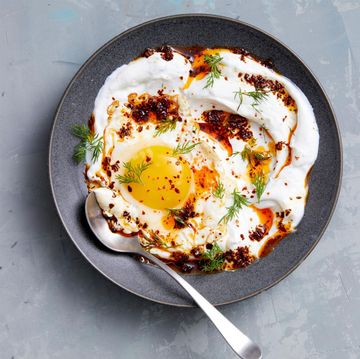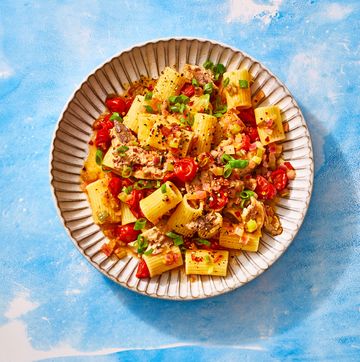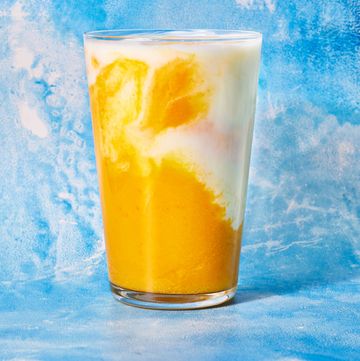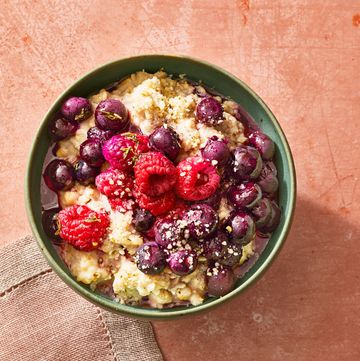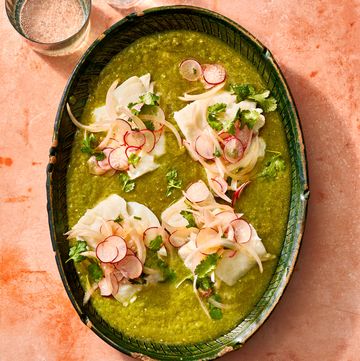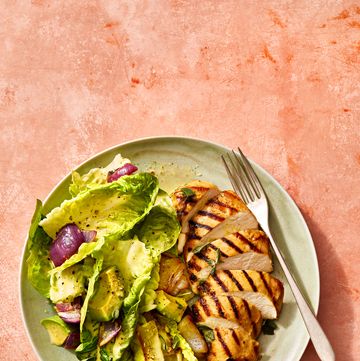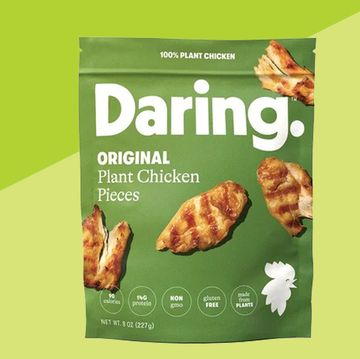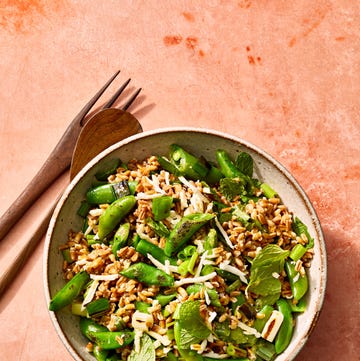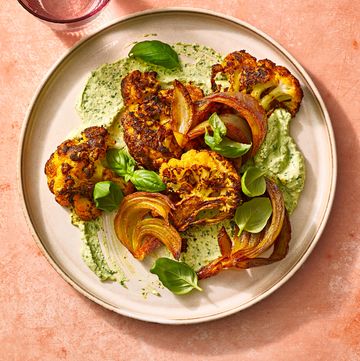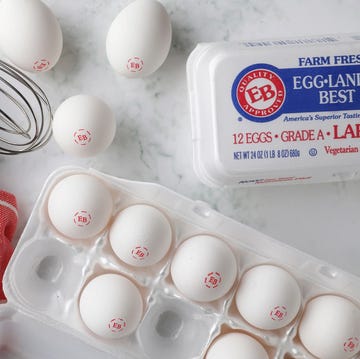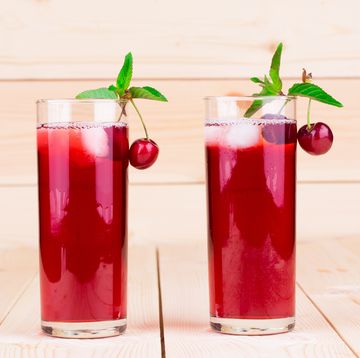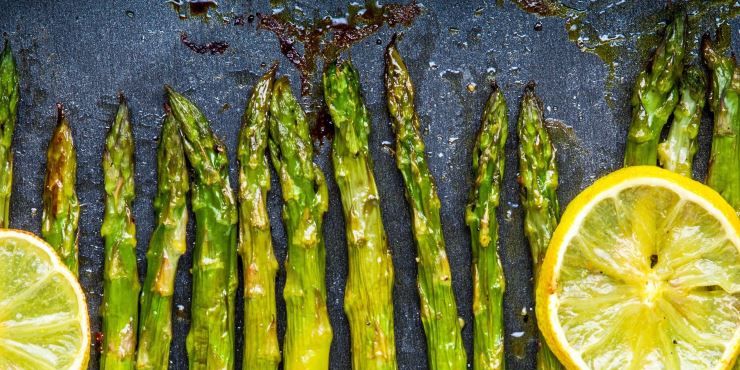 Ekaterina Kondratova/Shutterstock
Ekaterina Kondratova/ShutterstockEating seasonally isn't just better for the planet and your health—it's better for your wallet, too. Here's what to avoid in the summer, plus, tasty alternatives you should absolutely indulge in.
The article 8 Surprising Things You Should Never Eat In Summer originally ran on RodalesOrganicLife.com.
Citrus
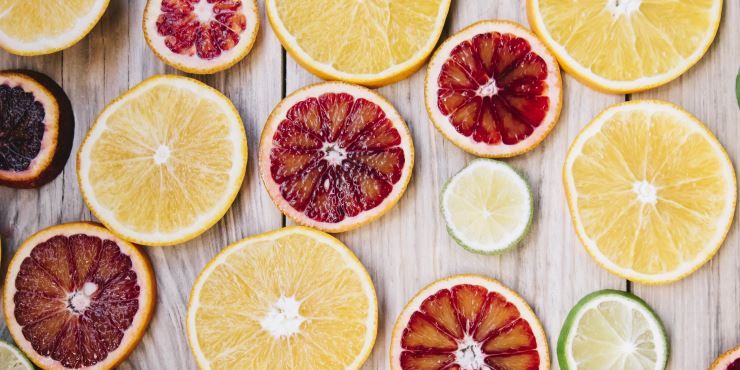 Anastasianess/Shutterstock
Anastasianess/ShutterstockSure, you'll find the odd Valencia orange at the store, but most citrus needs cold weather to mature and get that sweet, juicy flavor you expect. California grapefruits ripen in summer, but they tend to have thicker rinds and are pulpier than their winter-ripening cousins from Florida and Texas.
Sweet potatoes
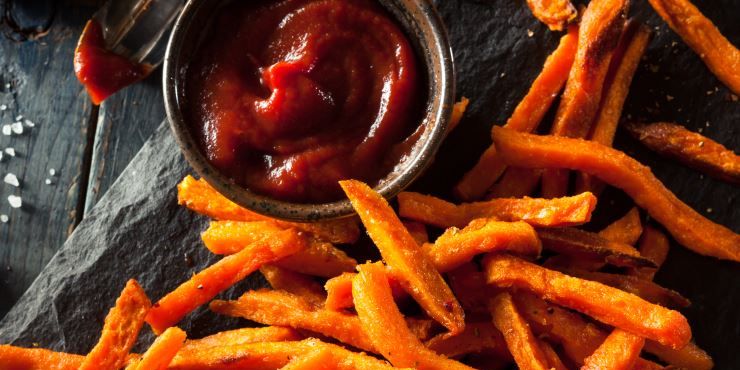 Brent Hofacker/Shutterstock
Brent Hofacker/ShutterstockSweet potatoes are harvested in the fall, and you might find local ones up until spring, but they all but disappear once summer rolls around. That's because they've got a fairly short shelf life compared to other root vegetables like carrots or potatoes. If you do find them during summer months, they're probably imports from China, the world's leading producer by far. But who needs 'em (and that massive carbon footprint) when you've got fresh sweet corn to look forward to?
MORE: Grow Your Own Sweet Potatoes!
Advertisement - Continue Reading Below
Beef
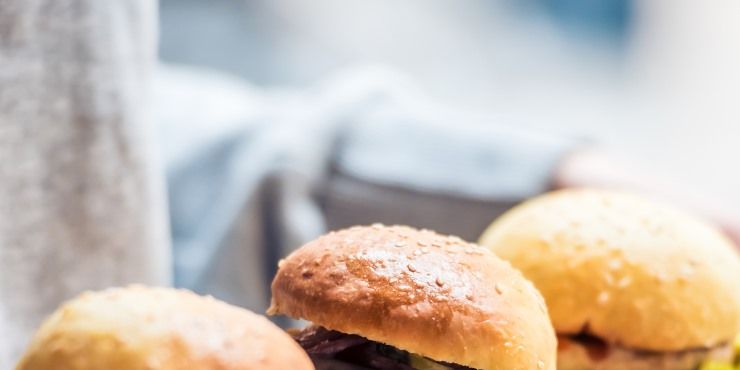 Yulia Grigoryeva/Shutterstock
Yulia Grigoryeva/ShutterstockBurgers and summer may sound like a match made in heaven, but the fact is they can give your body temperature a spike. Foods that contain high amounts of protein and fat heat up your body a bit while you're digesting them. They move slowly through the digestive system, causing your body to use more energy. However, the spike in temperature isn't enough to cause you to sweat and cool down, which happens when you eat spicy foods on hot days.
Pomegranates
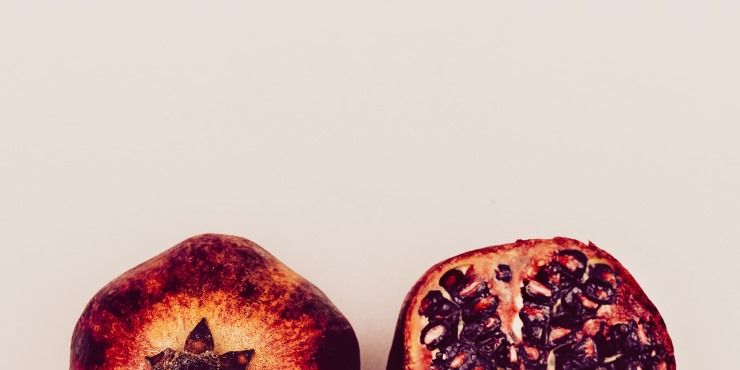 Evgeniya Porechenskaya/Shutterstock
Evgeniya Porechenskaya/ShutterstockIf you want fresh pomegranates grown in the US, you'll have to hold off until winter. At other times of the year, many pomegranates are imported from Chile, and you can bet these are doused in pesticides to comply with strict government regulations aimed at cracking down on the spread of pests and diseases across international boundaries. Nosh instead on homegrown juicy stone fruit, like peaches and nectarines, and give pomegranates a rest until cooler months.
MORE: Everything You Need To Know About Peaches
Tea & Coffee
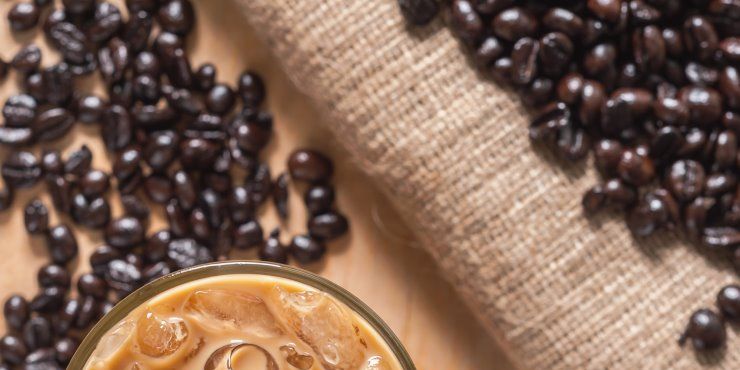 Jimbophotoart/Shutterstock
Jimbophotoart/ShutterstockYour favorite morning beverages are diuretics, so they're probably not the best way to start a sweltering day. Diuretics make you run to the bathroom more often, ridding your body of salt and water, dehydrating you in the process. Go for a fresh juice in the morning instead.
Advertisement - Continue Reading Below
Oatmeal
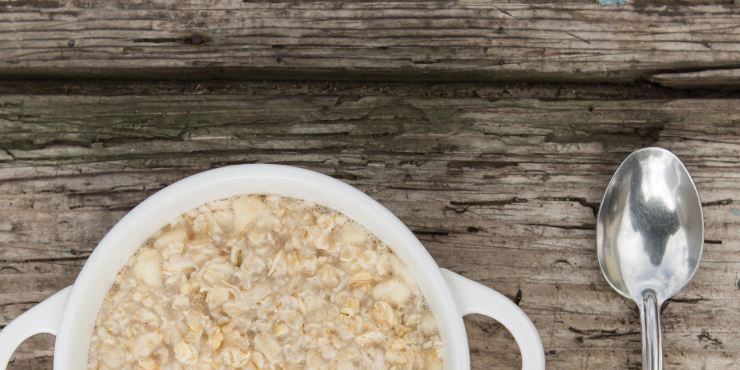 Andrey Orletsky/Shutterstock
Andrey Orletsky/ShutterstockComplex carbs—like oatmeal, brown rice, and whole wheat—are in the same boat as high-protein foods. The grains are tougher for your body to digest, and that extra work causes your body temperature to rise slightly. Stick with a chilled breakfast using our smoothie recipes instead.
Asparagus
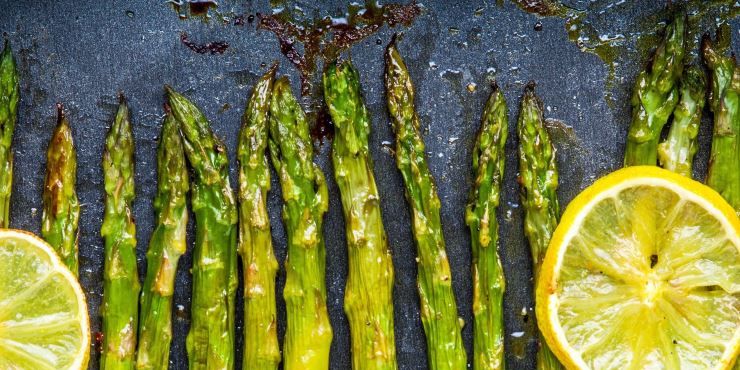 Ekaterina Kondratova/Shutterstock
Ekaterina Kondratova/ShutterstockAsparagus is strictly a spring crop, and at any other time of year, it just won't be at its best. You might still find it locally in early summer, but expect it to be limp and low on flavor. Otherwise, it's probably imported from across the globe—typically from Mexico or Peru—where it's being farmed unsustainably. Fortunately, there are plenty of other fresh green veggies growing in summer, like snow peas and string beans.
Shellfish
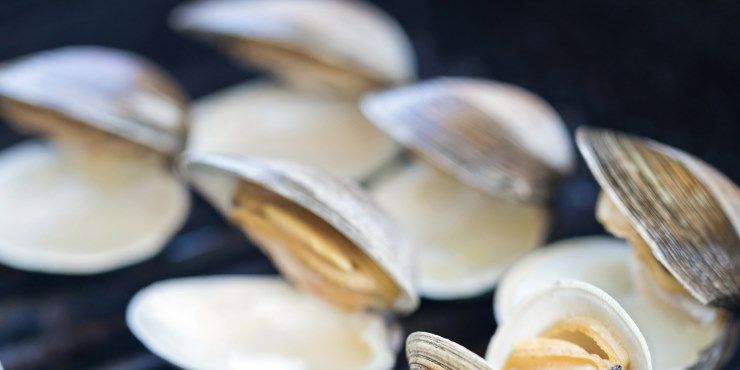 Romiana Lee/Shutterstock
Romiana Lee/ShutterstockHave you ever heard the claim that you should only eat shellfish in a month that contains the letter R—making them off limits from May through August? Well, there may be some truth to it. Seafood has seasons just like fruits and veggies do. They're typically considered "out of season" when they're spawning, which happens to be summer for most types of oysters, clams, and mussels. Harvesting spawning shellfish before they have a chance to reproduce may put populations at risk. Plus, they just don't taste good when they're fertile—they're said to be unpleasantly milky and soft. You can get around these problems by buying commercially farmed shellfish, but that comes with its own problems, like genetic modification. Stick to one of the 10 healthiest fish on the planet during these months instead.
Advertisement - Continue Reading Below
Advertisement - Continue Reading Below
Advertisement - Continue Reading Below

